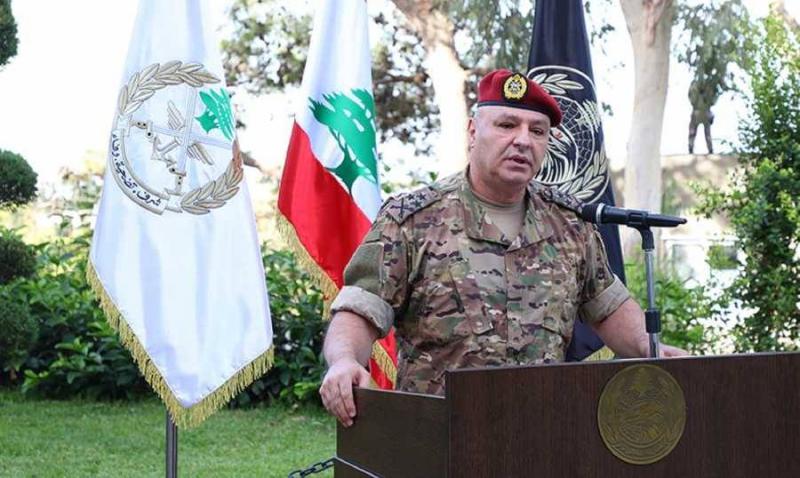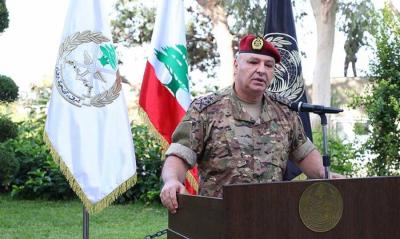The call by caretaker Prime Minister Najib Mikati for a Cabinet meeting opens the door for discussion regarding the relationship between Hezbollah and the Free Patriotic Movement (FPM). This relationship continues to experience a state of coolness bordering on rupture. The FPM refuses to hold any Cabinet sessions, while Mikati relies on the approval of Hezbollah and Parliament Speaker Nabih Berri to convene them. The party finds itself in a difficult position; if it participates, the relationship with the FPM may worsen, as the latter views holding government sessions as a blow to constitutional principles, whereas Hezbollah wants to participate out of necessity to address citizens' matters, especially in the electricity sector.
One reason Hezbollah would participate in the Cabinet session is that it does not want to reinforce the principle of obstruction in favor of Bassil. It factors in the upcoming phase and perhaps future sessions that are of concern to it. Additionally, party participation aims to ensure that officers in military and security agencies are not denied promotions. It does not want to position itself as an obstructer of the sessions at this time. In the future, it may agree if necessary, but it does not want to state one position and act contrary to it. Since the last remarks by Hezbollah Secretary-General Hassan Nasrallah regarding the relationship with the FPM, and expressing Hezbollah's commitment to it, that relationship has not made any progress. Nasrallah was clear when he addressed Bassil, stating that the party does not retract its alliances; however, if the FPM finds itself forced to exit the alliance, the party has no issue with that. Nasrallah previously told Bassil, "If you find yourself embarrassed and compelled to leave the alliance due to pressures, we have no problem and can find another formula for cooperation." This position surprised Bassil, as it suggested that Hezbollah would not make further concessions in his favor to maintain the alliance.
The message of dissatisfaction came after this position, conveying to Bassil—through a particular method—that his actions following his meeting with Nasrallah to discuss the presidential file were highly inappropriate and offensive to the party. Particularly, Hezbollah does not favor discussing matters with its allies through media outlets or public statements that contain messages. The message sent to Bassil also reflects the party's discontent with how he disclosed his discussions with Nasrallah and handled them in a contradictory way, escalating his attacks on Sleiman Frangieh. The message further stated, "We can consider ourselves free from the requirements of the full alliance and coordination to take a unified position, and if you wish to distance yourself further, you are free to do so." Bassil read the message carefully, which prompted him to put an end to all remarks about the possibility of voting for a candidate from his side in the presidential election sessions. He returned to announce commitment to the white paper, based on the principle that announcing a third candidate cannot occur before an agreement on it with a significant parliamentary bloc at minimum.
Hezbollah does not want to end its relationship with the FPM, but it also does not wish to become a political liability. It is keen to improve its ties with all forces and does not seek to undermine its relationships with Sunnis or other Christians based on the FPM's calculations. In this context, sources close to the party say its position is clear on the necessity of consensus among all forces. Just as it values its relationship with the FPM, it cherishes its relationship with everyone. The party has begun contemplating a political approach that could be described as a "Plan B" should the rupture with Bassil continue, preparing for a phase subsequent to solidifying that divide. This must also apply to the presidential file, especially in light of the increasing positive signals the party is sending toward Army Commander Joseph Aoun.




